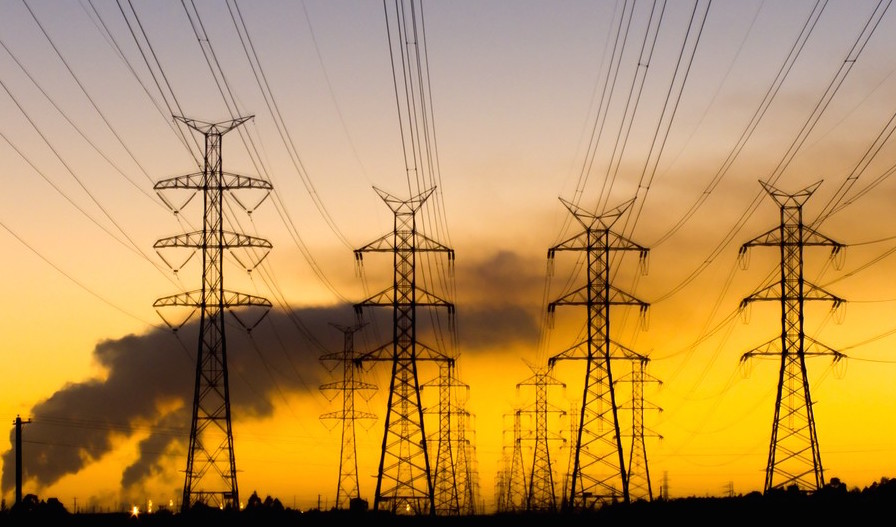Nigeria’s privatization agency will recommend that the state sell off the nation’s electricity-transmission network.
The Bureau of Public Enterprises is looking at various strategies to reform the Transmission Company of Nigeria, Director-General Alex Okoh said in an interview. The agency will share its proposal “very shortly” with the National Council on Privatisation that the state-owned corporation be unbundled and then privatized, he said.
The sale of the transmission assets would be the biggest overhaul of Nigeria’s power system since 2013, when the government disposed of the state power company’s generation and distribution infrastructure. President Muhammadu Buhari’s administration is targeting improved electricity supply as a priority in Africa’s biggest economy, where poor maintenance and a lack of investment has left the population of about 200 million chronically underserved.
Vice President Yemi Osinbajo chairs the privatization council, while its members include the governor of the central bank and several ministers. Although Nigeria has 13,000 megawatts of installed electricity-production capacity, only about 4,500 megawatts is dispatched to the grid daily, in part because of dilapidated transmission infrastructure.
Power Plants
Earlier this month, the BPE invited bids from private investors to acquire five power plants with a combined capacity of almost 3,000 megawatts that the government still owns through the Niger Delta Power Holding Co. The NDPHC built 10 gas-fired facilities from the mid-2000s as an emergency intervention with the intention of eventually selling them.
Before starting the fresh privatization round, the BPE terminated an incomplete process that the agency initiated for all 10 facilities in 2014.
EMA Consortium, controlled by prominent Nigerian oil and gas tycoon Benedict Peters, which named a “preferred bidder” for the Benin and Calabar plants seven years ago obtained a pair of injunctions from a federal court in June 2019 barring the BPE and NDPHC from selecting new buyers for the two sites.
EMA published notices in ThisDay newspaper on May 9 warning that the Calabar and Benin facilities are “not available for sale” as they are the subject of ongoing litigation. “We are hopeful in reaching an amicable solution for the benefit of the nation,” Ransome Owan, managing director of the power, infrastructure and real estate division of Peters’ Aiteo Group, said by email.
‘Solid Ground’
The BPE is challenging the injunctions in court, Okoh said. The agency believes it’s on “solid legal ground” because the agency was within its rights to cancel the transactions at any stage before executing the sale of the shares, he said.
The five NDPHC plants that have not been put up for sale will remain state-owned for now, Okoh said. However, “the objective ultimately is for government to exit the power sector and just let the private sector drive the sector,” he said.
The BPE is currently appointing transaction advisers to concession the 700-megawatt Zungeru hydropower plant that China National Electric Engineering Co Ltd. and Sinohydro Corp. are building for the Nigerian government, Okoh said.

 Forex2 weeks ago
Forex2 weeks ago


 Naira2 weeks ago
Naira2 weeks ago
 Billionaire Watch2 weeks ago
Billionaire Watch2 weeks ago




 Naira2 weeks ago
Naira2 weeks ago




 Naira2 weeks ago
Naira2 weeks ago




 Naira4 weeks ago
Naira4 weeks ago


 Naira6 days ago
Naira6 days ago
 Banking Sector4 weeks ago
Banking Sector4 weeks ago


















